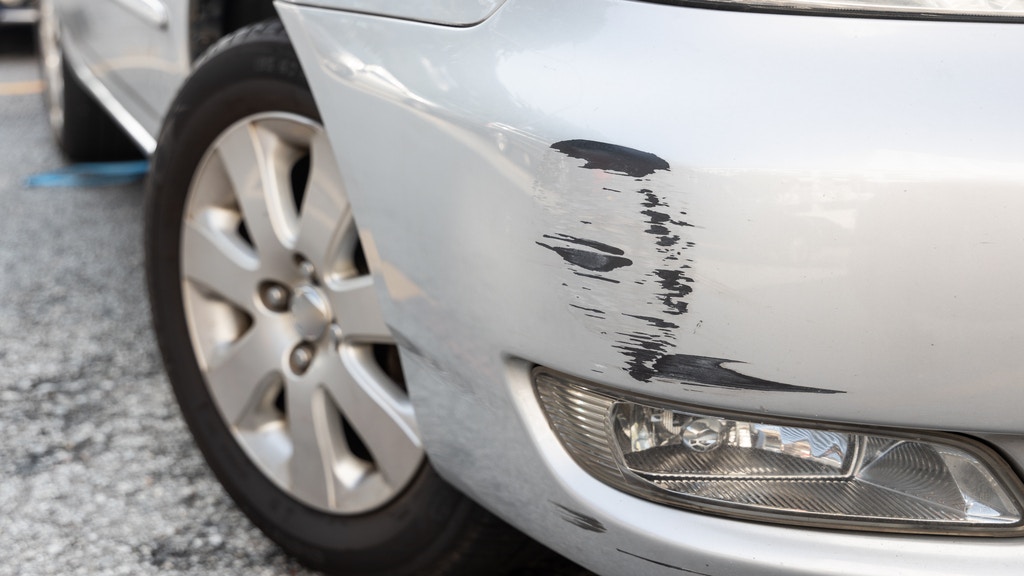Used car price guides

Used car prices fluctuate, so how do you know if you’re getting a fair price for your vehicle? Explore our guides to learn how you can get more money when selling your car.
Guides

Find out why diesel is more expensive than petrol, additional fuel type considerations and the future of diesel pricing.

Car depreciation is a simple idea in theory – but what does that mean for your car’s value?

Learn how to find the value of your vehicle, whether you’re ready to sell it now or thinking ahead.

Lots of factors can impact the value of your car, some of them more surprising than others!

Learn how to find the value of your van so you can sell it for the best price.

Trading-in (or part-exchange) sets your current vehicle off against the next. Learn how to value your car and evaluate whether trading-in is a good option.

When it comes to finding your car’s value, just how much of a role does mileage play?

Buyers need to know whether your car has been in an accident when you sell – here’s what that could mean for car value.

A car’s value can change after an accident, even once repaired – here’s why.

Used car prices and the used car market itself, are subject to constant fluctuation. Find out what it all means for the value of your car.

Find out which cars make the cut, with tips on car depreciation and resale value.

Discover what an approved used car is and the benefits of them.
Need more car advice?
Want to read more about owning, valuing and selling your car? Check out more of our guides here, covering everything from depreciation to maintaining your car’s value. Understand your car’s worth in the wider market.
Car selling guides
Car value guides
Car ownership guides
Vehicle types
Emissions & clean air zone guides
The information provided on this page is for general informational purposes only and should not be considered as professional advice.